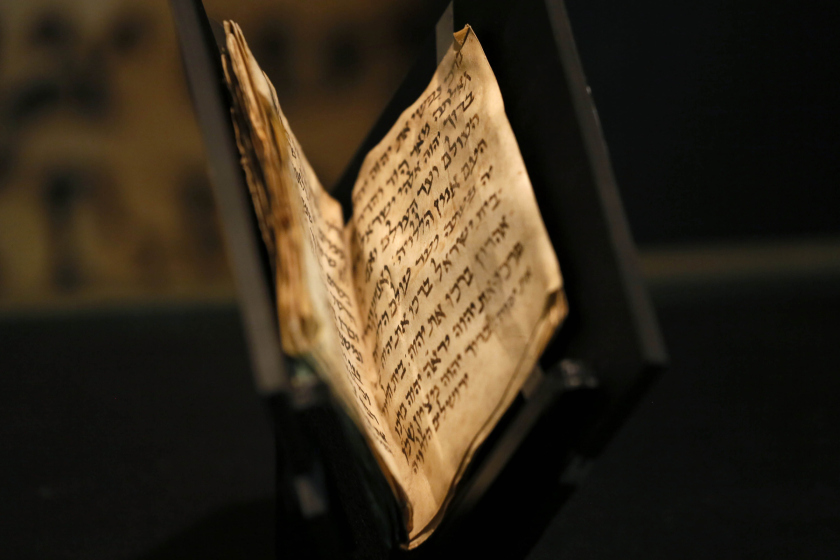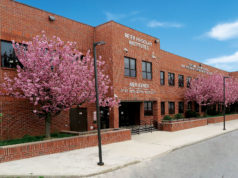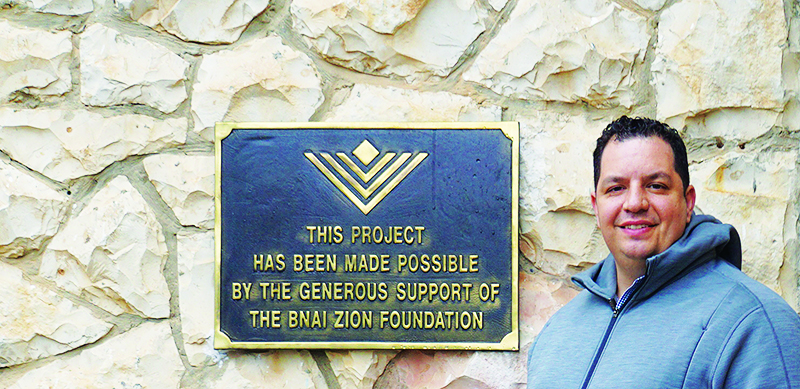
Throughout my life, I have had the privilege of visiting Israel more times than I can remember. I can honestly say I have been almost everywhere and seen almost everything. I have seen Israel through the eyes of a local, a tourist, a student, a journalist, and even as a guest of the government. I love Israel—its history, the land, the people, the food—and understanding its past and present struggles makes me love it even more. Each time I visit Israel I see new things, learn new things, and experience new things. Every trip touches a different place in my heart and leaves me yearning for more.
So, when Rebecca Harary, Senior Vice President of Bnai Zion Foundation (BnaiZion.org), invited me to join a week-long mission to Israel, how could I say anything but yes! But what could Bnai Zion Foundation teach me that I had not learned or experienced before? It’s simple and can be stated in just one sentence: “Bnai Zion is Israel, and Israel is Bnai Zion.”

Over the past 111 years, Bnai Zion has raised millions of dollars, and completed over one hundred capital and humanitarian projects that have contributed to the physical, mental, and social well-being of the people of Israel. Bnai Zion’s work has made Israel a more transformative, innovative, welcoming place, and strengthened the significant and enduring ties between America and Israel.

It seems as if Bnai Zion Foundation is a household name in Israel. As we traveled throughout the Jewish homeland, Rebecca pointed out buildings with plaques that all bore the same message: “Funded by Bnai Zion Foundation.” Many projects date back before the State of Israel was established. For example, in 1928, Bnai Zion’s financial contributions allowed for the reopening of Israel’s foremost higher education institution for the arts, The Bezalel Art School. In 1941, leaders of Bnai Zion helped found Magen David Adom, Israel’s equivalent to the American Red Cross. Millions of medical supplies and 125 ambulances were donated. Since its founding in 1908, Bnai Zion has funded hospitals, rehabilitation centers, youth and senior centers, educational programs and institutions, programs and cultural centers for Holocaust survivors, assisted living villages for people with disabilities, music and cultural programming, a youth village for abandoned or abused children; and more.

We traveled Israel from north to south, stopping along the way to see many of these places. While each project serves it purpose, a few stops stirred this writer’s emotions and truly stuck with me.
Bnai Zion Foundation & Bnai Zion Medical Center in Haifa
Going to the hospital is always a difficult experience. Going to the hospital in Israel could be deadly. How so? Bnai Zion Medical Center, a world renowned hospital, is located in Haifa. Across the bay—no more than a few miles away—lie Syria and Lebanon. On a clear day you can easily see both. Missile attacks, unfortunately, have become common and terrorists love to target hospitals. When the missile siren goes off, the hospital has only seconds to secure the safety of their patients. Some of the older wings of Bnai Zion Medical Center have little protection. In 2006, during the second Lebanon War, a Hezbollah rocket landed mere feet from the Medical Center, damaging the facility with shrapnel. The staff had to contend with treating those injured in the attack on Haifa, while also keeping their patients safe from the danger on their own doorstep. The physical damage was repaired, but the tension lingered.

“The question is not if we’ll suffer another missile attack, but when. We must be prepared,” said Dr. Amnon Rofe, CEO of Bnai Zion Medical Center. In order to ensure that the hospital can continue to deliver the highest level of care to its patients, Bnai Zion Foundation is raising the funds needed to construct a bombproof emergency room that will be fortified against nuclear, biological, and chemical attacks to ensure that all who need emergency medical care can receive treatment in a secure facility.
I had the opportunity to tour the construction site. This new, underground ER will offer state-of-the-art technology, will have a capacity of over 150 beds, and will be completed within two years. Thankfully, with the immense help of Bnai Zion Foundation, more than $16 million has already been raised toward the construction of this $18 million project.
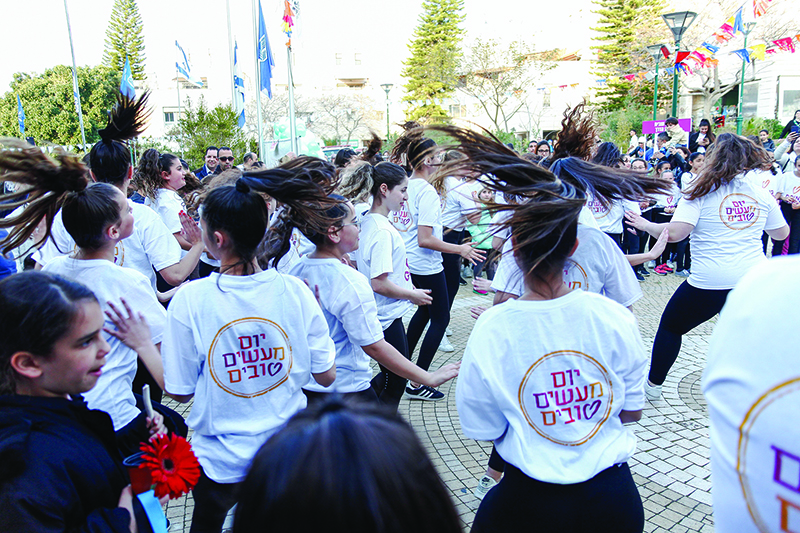
As part of the tour of the hospital, we also visited the bombproof Neonatal Unit. I can only wonder how new parents might have to deal with issues of a premature newborn while also worrying about the hospital being bombed! The nurses demonstrated how—on a moment’s notice—they must seal the bombproof doors in order to protect all of the tiny preemie babies, some only weighing a couple of pounds. Dressed in scrubs, I had the honor of meeting a very brave baby boy that weighed a mere 1.8 pounds. Now I pray for him every day.
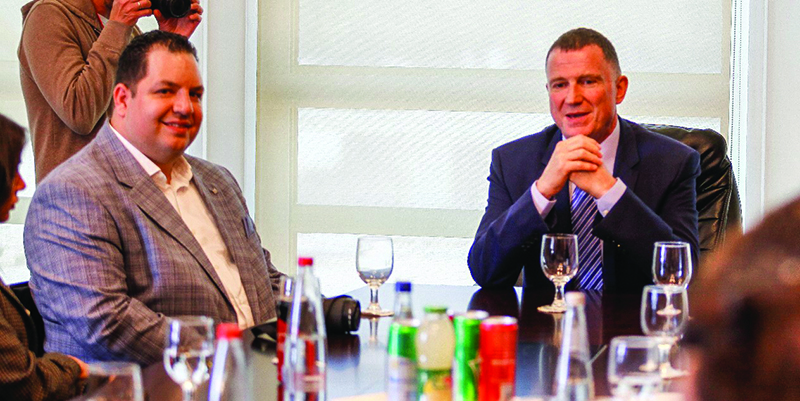
Bnai Zion Foundation & Israel Elwyn
How a society deals with its special needs community says a lot about its character. Throughout history, people with disabilities have been hidden away in institutions— powerless and voiceless. Deep inside, these beautiful people have always known they could do more with their lives. Their desire to come out of the shadows and be a part of society is always present. Bnai Zion Foundation has embraced this population since the early days of the organization, and over 50 years ago built a residential center for people with intellectual and physical disabilities in Jerusalem.
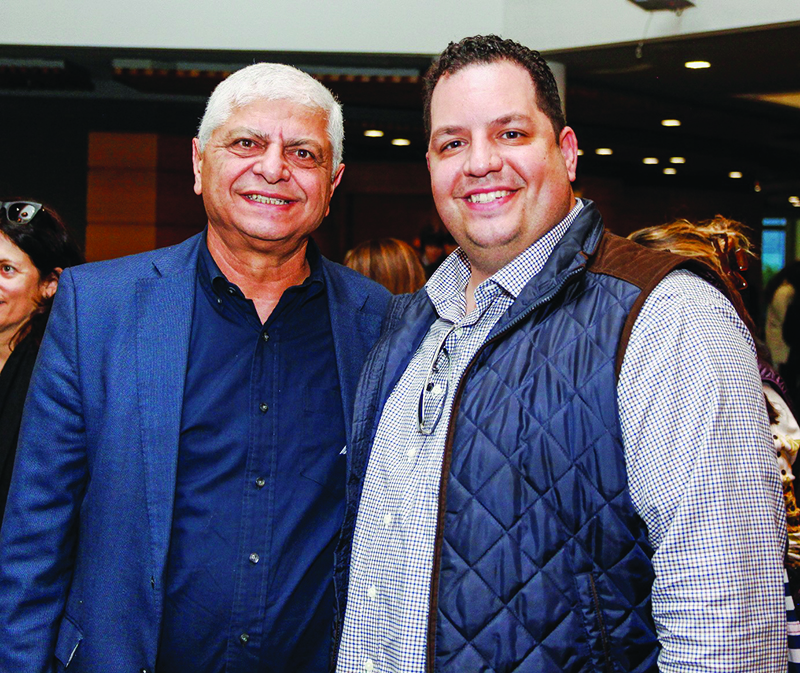
In 1988, Israel Elwyn took over management of Bnai Zion’s Zvi Quittman Center from the Israeli government, and Bnai Zion Foundation has been a major supporter ever since. Today, Israel Elwyn serves more than 4,500 children and adults with severe disabilities throughout Israel. Israel Elwyn believes in the principle of inclusion, and that everyone has the right to be a full part of the community. The residential center’s ultimate goal is to provide individuals with the right tools to enable them to make sound decisions about their own lives and to gain more independence for living and working in the community. With the support services received there, hundreds of adults now work in jobs in the community. Hundreds of children and adults lead more dignified and productive lives, thereby enhancing their overall quality of life by accommodating their disabilities in order to take advantage of their abilities. As a cutting-edge leader in Israel in rehabilitation, early intervention, supported living, youth transition programs, vocational training, employment services, and self-advocacy for persons with disabilities, one of Bnai Zion Foundation’s many goals is to help provide these individuals with the means to achieve independence, inclusion in the community, and dignity.
As I walked around the Israel Elwyn Jerusalem campus, I saw how proud a person with severe disabilities can be when they make their own life decisions and are in control of their own lives. They work, they earn money, have their own bank accounts, spend their money as they choose, and even get married. Now with the help of Bnai Zion and Israel Elwyn they can even choose where to live. Currently, Bnai Zion is working with Israel Elwyn on an initiative to secure more long term rentals on apartments in the greater community for Israel Elwyn residents, in order to align more completely with their principles of inclusion and integration.
Bnai Zion Foundation & Ahava Village for Children & Youth
Unfortunately, like the rest of the modern world, Israel must also account for the thousands of children who are affected by their parents’ drug and alcohol addictions, poverty, violence, and physical and emotional abuse. The adults might be the addicts or the abusers, but their children are the victims. These kids are removed from their parents’ homes for their safety. What happens to these forgotten children? The State of Israel simply cannot handle the amount of traumatized children that enter the system every year. Many become orphaned, and literally have nowhere to turn. They need a home where they will be shown love!
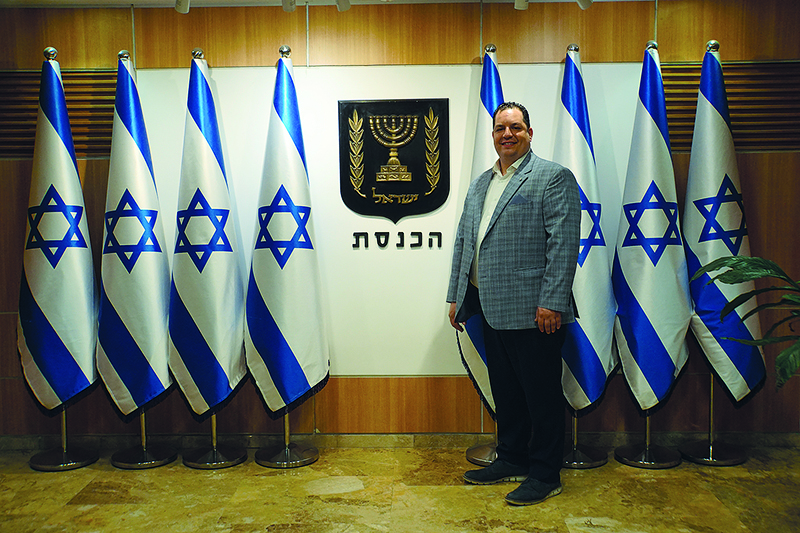
Enter Ahava Village for Children and Youth, a safe, residential space for those 6 to 18 years old, who have been removed from their homes by the state due to violence, abuse, neglect, and other forms of familial trauma.
There are over 250 children at Ahava, and they often suffer from emotional and behavioral issues that make it too difficult for them to fit into Israel’s foster system. Thanks to funding by Bnai Zion Foundation, they receive vital therapies and a loving environment to heal from their traumas and to begin building a foundation for healthy lives. The majority of Ahava’s residents are placed in residential units, where a married couple commits to raising them (often alongside their own children) until they turn 18. This provides the children with stability, a loving environment, and a model for healthy, normative family dynamics.
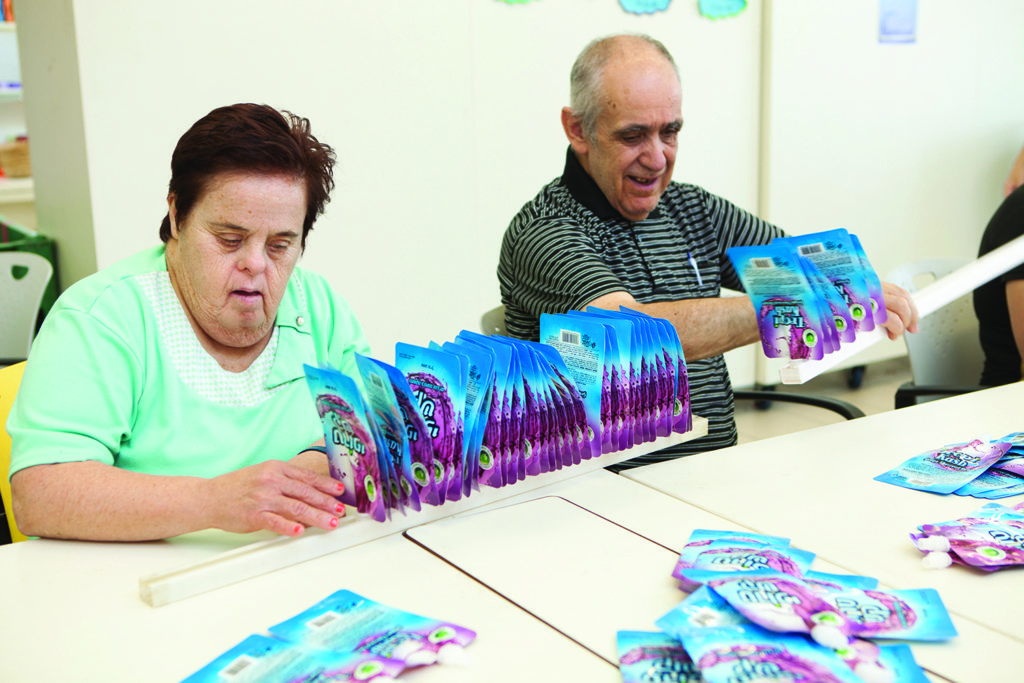
Bnai Zion also funded the creation of an Emergency Center at Ahava, for children coming from crisis situations. This Emergency Center gives children in imminent danger (usually from a parent) a safe space to acclimate during this very fragile time. Each child is carefully assessed to determine which therapies will be needed, and then matched with a suitable family and residential unit.
Most recently, Bnai Zion Foundation raised funds toward Ahava’s construction of a new Therapy Center, which was completed in February. The Center will provide the children with the life-changing, and often life-saving, therapies they need in one central location, allowing the therapists easier access to therapeutic tools and equipment and enabling more frequent cross-disciplinary collaboration on the children’s therapeutic plans.
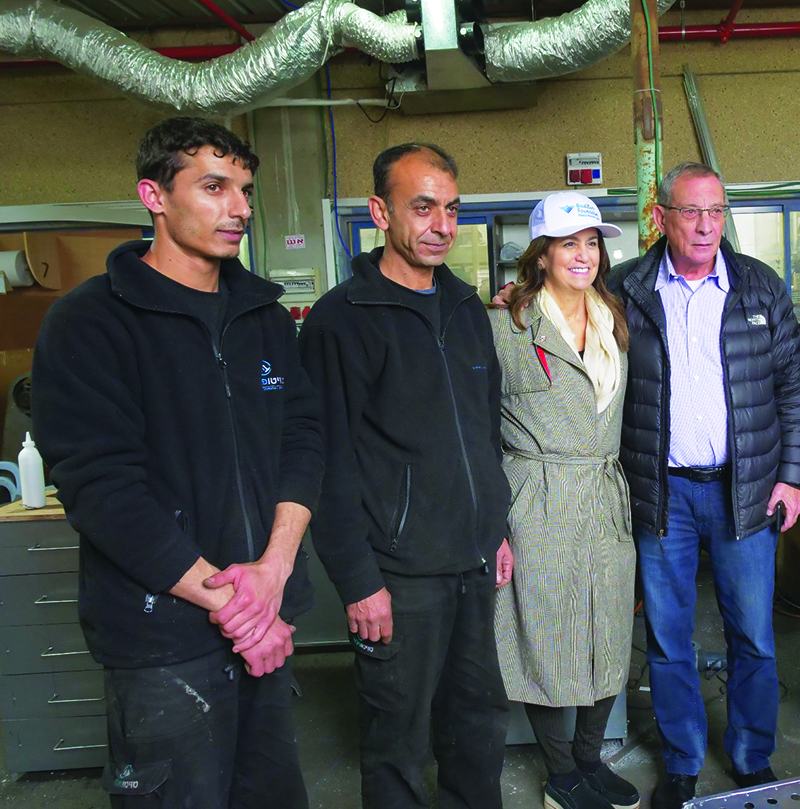
Yoav Apelboim, the Executive Director of Ahava Village (but more like a grandfather to all of the children) proudly told me that many of “his” children have moved on to live normal, productive lives. This was a touching moment, as Yoav was quite emotional while talking about some of “his” children and their successes—and even their failures. The love and pride he feels for each of them is palpable—so much so that many keep in contact with him long after they leave.
Bnai Zion Foundation & The David Yellin Teacher’s College
Peace between the Arabs and the Jews in Israel always seems just out of reach. We can debate how the problem started and who is at fault, but Bnai Zion Foundation is actually doing its part to find a solution. They believe in education and working together. I visited two places in Israel that demonstrated that a peaceful coexistence is possible. David Yellin Teacher’s College is a school where both Arabs and Jews study to become teachers. Classes are given both in Arabic and Hebrew. The classes are integrated so the students learn about each other’s lives and cultures. Most inspiring is that many long lasting partnerships have been created from attendance at the college. The College’s commitment to promoting tolerance and combating violence is demonstrated by a number of programs and workshops aimed at promoting dialogue between Jewish and Arab students, and educating students about people of diverse backgrounds. I was genuinely shocked when I walked into a class of Jews and Arabs studying together and analyzing both Torah and the Quran. One Arab student stated, “We found we have more things in common than we do differences.” That one sentence gave me so much hope for the future of Israel, and the Middle East.
Over the years, Bnai Zion Foundation has contributed hundreds of thousands of dollars to this institution that is doing so much work to educate Israel’s future teachers to embrace peace as a goal.
The territory of Judea and Samaria is just one flash point in the Arab-Israeli conflict since the land was liberated during the 1967 War. Whether it’s two states or one state for two peoples, if you talk to either side you will probably hear the same thing: “Peace will never be achieved.” Maybe people are not looking hard enough. We visited Barkan Industrial Park in Section C of Samaria, and it sure is working there. While the industrial park itself is not one of Bnai Zion Foundation’s projects, it demonstrates the principle of inclusion at the heart of the organization’s mission.
There, Jews and Palestinians work together, side-by-side in Jewish owned factories. They get equal wages and enjoy equal benefits. In several cases, the Palestinian employees are not just the workers, they are also the management. Interestingly, their relationships do not stop at the office door. These Jewish and Palestinian coworkers celebrate birthdays, graduations, weddings, and births of babies together. What is striking is that the BDS movement targets these factories and asks people not to purchase their goods, which is oxymoronic, since boycotting these factories ends up directly hurting the very people they claim they are advocating for—the Palestinians. Copying this model of employing both Jews and Arabs throughout Judea, Samaria, and Gaza could bring peace, coexistence, and prosperity to both the Jews and Palestinians.
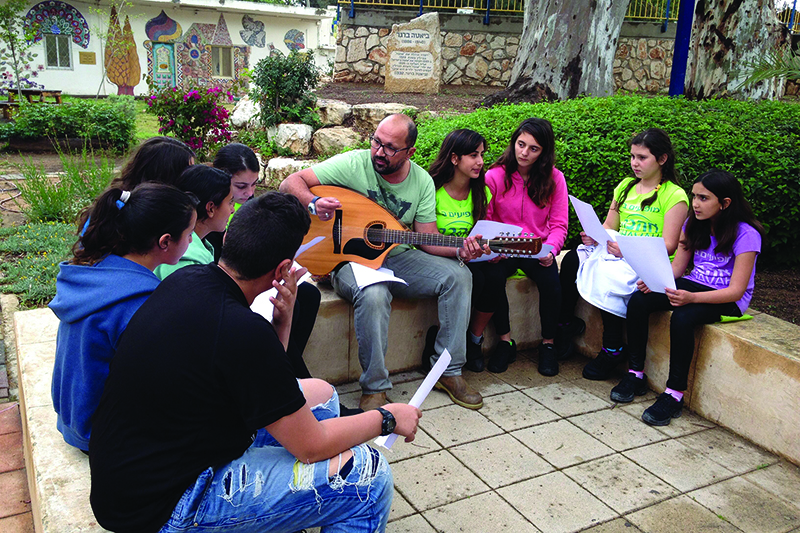
Bnai Zion Foundation’s Partnership with the Israeli City of Ma’ale Adumim
We’ve all heard the stories and seen what the news portrays on television—the West Bank and settlements are part of some kind of war zone with soldiers, walls, fires, and barbed wire. But when we crossed over the “green line” and entered the town of Ma’ale Adumim, I saw no such thing.
Ma’ale Adumim is a magnificent city of approximately 42,000 Jews, located near Jerusalem. It serves as an anchor for other communities further east, whose residents rely on Ma’ale Adumim’s commercial center, library, and other cultural venues, many of which have been continually funded by Bnai Zion Foundation for more than 15 years. This growing Jewish population includes over 4,000 seniors, over 700 of whom are Holocaust survivors.
The care and dignity of the elderly population in Ma’ale Adumim has always been a high priority, which is why Bnai Zion Foundation is working with the government of the city to expand their only senior center, the Yuvalim Center. Bnai Zion has also raised funds for the Library of Peace, which is the city’s municipal library, which provides services and educational programming to both Ma’ale Adumim and the surrounding areas.
Bnai Zion has contributed to various initiatives to improve the city, including funding upgrades to playgrounds and kindergartens, a new scenic overlook for the city, improved security measures, holiday meals for residents living below the poverty line, and computer labs in area schools.
Three buildings are named for Bnai Zion Foundation’s Chairman, George Schaeffer, in recognition of his contributions to their construction. The George Schaeffer Music Conservatory is home to the popular Ma’ale Adumim Youth Symphony, which has played internationally, is headed by renowned cellist Benjamin Shapira. This past December, they played a sold out concert at Carnegie Hall.
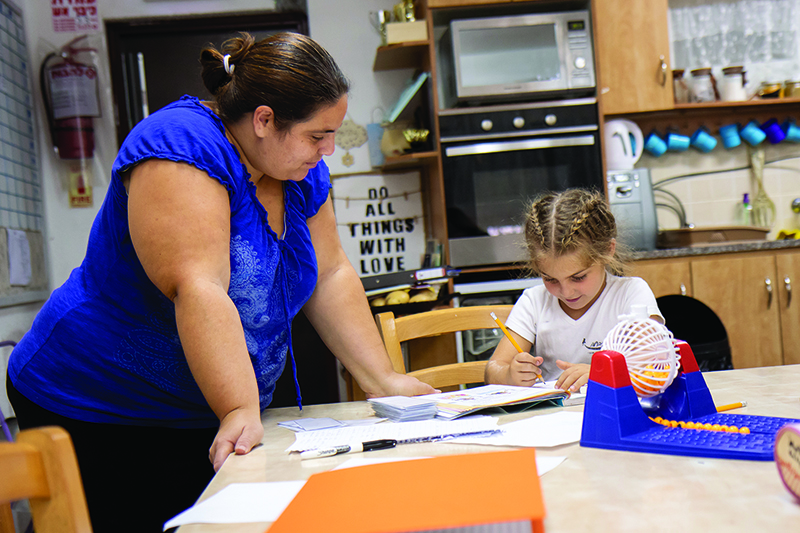
The George Schaeffer Cultural Center provides a venue for cultural events, with a 600 seat auditorium, and is further beautified by the nearby Irina Schaeffer Serenity Gardens. The George and Irina Schaeffer Bnai Zion Foundation Regional Communities Support Center provides programming for children with special needs, and houses the community’s synagogue.
When I spoke with Ma’ale Adumim’s Mayor Benny Kashriel, he had nothing but words of praise and gratitude for Bnai Zion Foundation and its Chairman George Schaeffer, who joined us for the tour.
Bnai Zion Foundation & The Israeli Government
Bnai Zion supports projects that have a long term, positive social impact on the people of Israel, independent of a political or religious agenda. As such, it is the only organization pursuing capital projects for social impact causes that unite supporters of Israel across the political and religious spectrum.
Rebecca Harary told us that over the past 111 years, Bnai Zion has raised tens of millions of dollars, and completed over one hundred humanitarian and capital projects in Israel. But don’t misunderstand, just because they choose not to have a political agenda does not mean Israeli and American politicians are not very respectful of Bnai Zion Foundation.
In fact, it’s the opposite. Our mission to Israel included a visit to the Knesset, as well as the new American Embassy in Jerusalem. At the Knesset, we met with Speaker Yuli Edelstein. To demonstrate just how much he understood the importance of the long and productive relationship between Bnai Zion Foundation and Israel, he left the campaign trail during the week leading up to the Israeli election just to meet with us!
Once again, we heard nothing but gratitude and praise for all Bnai Zion Foundation has done, and continues to do, for the State of Israel. We were also impressed when we visited the newly opened American Embassy in Jerusalem. Rabbi Aryeh Lightstone, Chief of Staff and Senior Adviser to US Ambassador to Israel David Friedman, spoke at length about the long relationship that exists between America, Israel, and Bnai Zion Foundation, detailing the positive impact Bnai Zion has had on the land and for the people of Israel.
My experience with Bnai Zion Foundation in Israel is something I will never forget. I was honored to witness a side of Israel that all Israelis have come to know—the benevolent, nonpolitical, and compassionate projects built and supported by Bnai Zion Foundation, and enjoyed by all. Instead of making political statements that might divide us, Bnai Zion concentrates on what unites us. I recommend joining one of their upcoming missions to Israel, so you too can see firsthand all the good they do.θ

